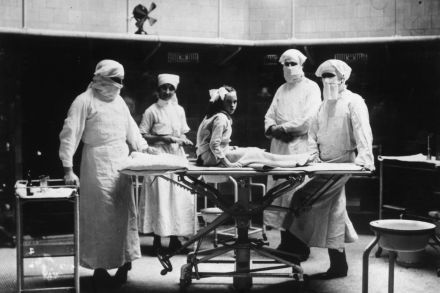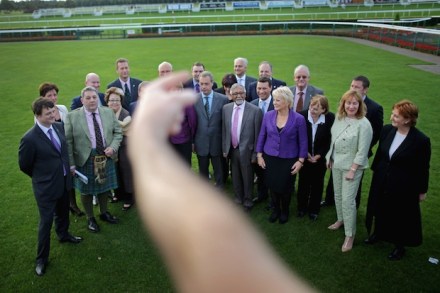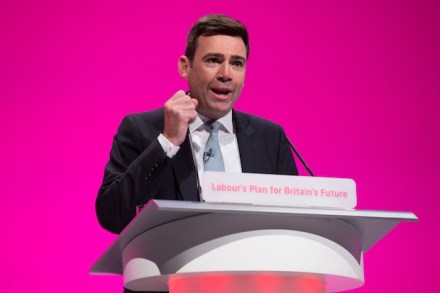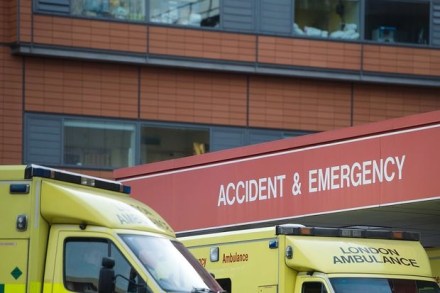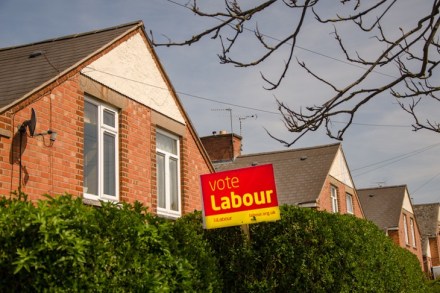Panic about Ebola in Africa – not here
Got Ebola yet? Early symptoms are very difficult to distinguish from either winter flu or, indeed, a particularly bad hangover. Bit feverish, aches and pains, sore throat and so on. Only when you start to bleed from the eyeballs should you worry a bit: that’s never happened before with Jack Daniels. It was the African bloke huddled up on the tube, I would reckon, the one who kept coughing. I knew I shouldn’t have sat near an African. One or two clinical experts have been likening the Ebola virus to HIV. They seem to me similar more in a sociological sense. I remember those days when people avoided being in





